This blog entry is the result and response of previous discussions on the topic in two podcasts, BoardGames and Brew (episode 6 – 31:51) and Dukes of Dice (episode 22 – 1:20:05). I started to post in the Dukes of Dice Guild and found that my thoughts warranted a longer response, thus this post. Thanks to both podcasts for continuing to discuss interesting topics in board gaming. Check them out.
One challenge with hobbies or interests that have an intellectual aspect to them, is the multiple layers available for exploration. How far you explore really depends on your level of interest and commitment, as well as what you want to get out of whatever you are pursuing. Given the vast developments in modern board game design, you can continue to develop your understanding of game theory, mechanics, and strategy, refining your comprehension and skills, which in turn can steer you away from certain types of games and towards others. This appeals to a broad population of the gaming community and usually results in closets or open spaces stacked with games. There is also quite a variety of solid gateway games for those that enjoy a lighter experience and want a more social aspect out of the hobby. If you are one of those that decided to delve deep into the hobby, does that mean those first games, maybe not as elegant as the current lineup on your table, no longer have merit or worth? Will you take your old game photos and cut the ex-game out of it, photo-shopping your new, heavier game in it’s place? Are you a game snob?
The Merriam-Webster online dictionary lists a sub-definition of Snob as, “one who tends to rebuff, avoid, or ignore those regarded as inferior.” And, “One who has an offensive air of superiority in matters of knowledge or taste.”
The top definition at urbandictionary.com is, “Anyone who thinks they are better than someone else based on superficial factors.”
I prefer the last part of the Urban Dictionary definition ranked number 2, “In simple terms, snobs are wankers.”
Unfortunately, most of us at one time or another have fallen into the wanker category. I can certainly remember a few vibrant conversations with friends about Stephen King versus Kurt Vonnegut, or a particularly volatile discussion around KISS versus Prince. Just the other day my oldest daughter accused me of music snobbery. While it could be argued as not altogether untrue, I believe age and the wisdom that go with it have mellowed my stance dramatically; maybe the self acknowledgement of that truth is the MacGuffin for this post?
We can discuss whether one should be a game snob until we are blue in the face and it could be argued that there is at least some sliver of truth the concept of quality of entertainment (You may like Maroon 5 and that’s o.k., but you have to admit the The Beatles are a better band – this is true, by the way). I believe the impact of public snobbery is harmful to the hobby, particularly one that continues to champion the idea of bringing and welcoming new people into hobby. Here are a couple of thoughts that I keep in mind when trying to avoid succumbing to the act.
I feel it is perfectly o.k. to have strong opinions about a game. There are many investments made when you commit to a game, monetary being only one. You have committed yourself to the time it takes to prepare the game for playing, including punching out numerous chits and bits and stuffs, reading the rules and/or watching video’s in preparation to put the game on the table, and teaching the game to your fellow gamers. There is little in the hobby more deflating then doing all that and having a game stink. As a player, you have invested a fair chunk of time to listening to the rules, working out all the questions, and playing the game. It’s valid to feel a bit bitter when you play what you end up considering a stink-bomb and a waste of time. That said, one person’s garbage could be another person’s Terra Mystica, right? Does that mean you should remove the joy from anyone that just bought, or happens to enjoy, the game that you chucked off the roof? Critical discussion is one thing. Belittling someone for their opinion of quality is quite the other. I think where and how you present your thoughts differentiates snobbery from good, critical conversation.
A pinch of your time is worth the door it may open. Utterly jumbled metaphor aside, will you ever say no to an opportunity to play with a group because you don’t think the game they are playing isn’t worth your time? For this I will have to spin around to the player perspective. You are correct to think that certain games accomplish the same theme, mechanics, or play style, but are better than the game in question, but has your opinion resulted in a sour experience for a new gamer or left them empty-handed when they tried to introduce a new game? In the modern pace of existence, time is quite valuable and if you only have limited time to play games, it’s understandable that you want to make that moment count. It’s also fair to say that the frankness or subjectivity of your response should be based on facts and circumstance; know your audience before you speak you mind. If I am playing with my usual Wednesday Gwarkonians, I will be more vocal about not wanting to play a game that I don’t think is that good, or I am more open or frank with my opinions about the quality of the game. We know each other enough to be comfortable with a more direct conversation, and while I believe there have been several times I mentioned not liking a game, I don’t believe there is a single instance that I refused to play one. Maybe as a group we all have great taste in games (we are Gwarkonians, mind you), but I think it’s more about the desire for a shared experience. The game on the table is presented by someone who wants to play.
For what it’s worth, I would rather dig a ditch with a group of friends, than build an ivory tower with a bunch of wankers.
When it comes to introducing people to the hobby, the worst thing that could happen for them is for you to say no. The Dukes of Dice posed the following scenario on their podcast. Since Monopoly has figuratively become the Wal-Mart of gaming (and goes a long way in illustrating the free market impact that Wal-Mart is vilified for characterizing), let’s continue to use it as an example.
You meet someone at work and strike up a conversation around board games, only to find out they have an interested in gaming as well. They tell you Monopoly is their favorite game and ask if you want to meet up sometime and give it a go. Do you:
A) Make that annoying beep sound as you back away, making up the excuse that you have to wash your (insert body part) or bury your dead parrot?
B) Politely accept, but suggest that if they like Monopoly, you have some similar, better games they might enjoy and ask if you could bring those to play instead?
C) Accept and ask if they mind you bringing along some similar games they might also enjoy. Maybe they would be interested in playing one of those after Monopoly, time permitting?
I’m really only going to proclaim choice A as the true wanker (er, snob) thing to do. However, it feels like the first two shut the door to an opportunity. The board game community, which I champion as a community stalwart in their support of others, continues to expound about bringing new people into the fantastical world of gaming. Within that though, lies a potential undercurrent where snobbery can creep in. Are we welcoming in new players on our terms or theirs? Being willing to share the experience on their terms, allows you to learn more about the person and their interests. This may also open their mind to exploring new areas of the hobby that they could have previously thought too complex, or didn’t even know existed. Games like Monopoly could be the object of someone’s childhood or family gaming memory and the only real game vocabulary they have. Are we willing to risk crumpling that remembrance because we feel there are greener pastures?
“Jazz no longer belonged to the musicians and the dancers. It was taken over lock, stock, and barrel by the fans, the addicts, the record collectors, the amateur critics, the recording companies, the promoters, the nightclub owners, the A&R men, the lecturers and writers. These were the people who now decided what was jazz and what wasn’t. who dictated how it should be played and on what instrument and specified who could and could not play “real” jazz.”
– Max Kaminsky
I came across this quote while listening to the audio accompaniment to the Ken Burns Jazz documentary and it struck me as relevant for a couple of reasons. If you have read my previous post (Why Jazz Might Make me a Better Gamer), I have studied Jazz recently and in parallel with the gaming hobby, it’s a musical style that is meaty and deep. It’s been a real pleasure to burrow into the heart of the music and its history; to hear the development of concepts and theories (sound familiar?). Where I struggle, and where I think always struggled with the form, is surrounding the music is a culture of snobbery. Even the Jazz 101 book I bought feels like it has to get way into the weeds of nuance and technicality, instead of introducing me to the broad characteristics that make one musician or style more distinguishable from the other. Almost as if the author is implying that my lack of understanding in music theory makes me ineligible to read even the most introductory of books on the topic. The heart of Max Kaminsky’s quote is in the idea that we have to be careful of overlaying the definition or perceived quality of our passions against another. The true definition of something like music or gaming manifests from the interaction of the person(s) and the medium.
The essence of gaming as a wonderful pastime is born out of the people participating in the game itself. How they interact with what the designer created and the artist illustrated; how gamers interact inside of that game and with each other. Absolutely there are multiple levels to this, just as there a multiple levels of gamers willing to share in the experience. Is it really my place to tell someone whether they are playing a good game or having a good enough time? Because most of us feel that gaming is such a rewarding hobby, we are sure that everyone should love it at the level we do. I believe that reaction is human and you can find a similar current of discussion in anything a group of people enjoy. I am certainly passionate and opinionated about my hobbies, but I work to be more conscious about the shared community and how it benefits by inclusion, rather than judgement. By reflecting on why we love to game and how we became involved in the hobby, it’s possible we can find that keeping the door open and meeting folks in the middle (or on their turf) can be just as rewarding.
In short, be less of a wanker, more of the time.
Categories: Gaming, Life and General Ramblings
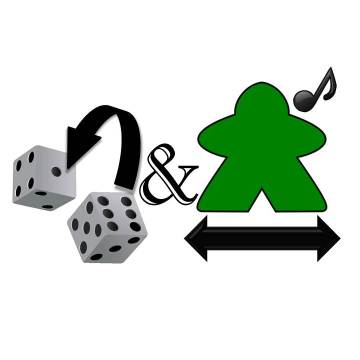
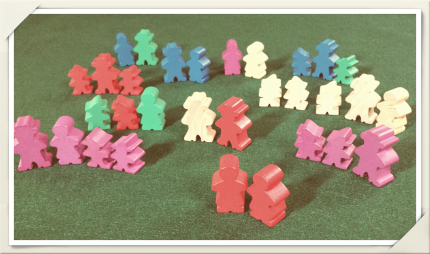
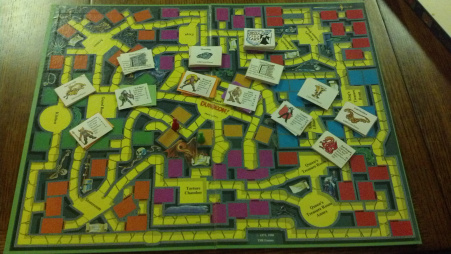
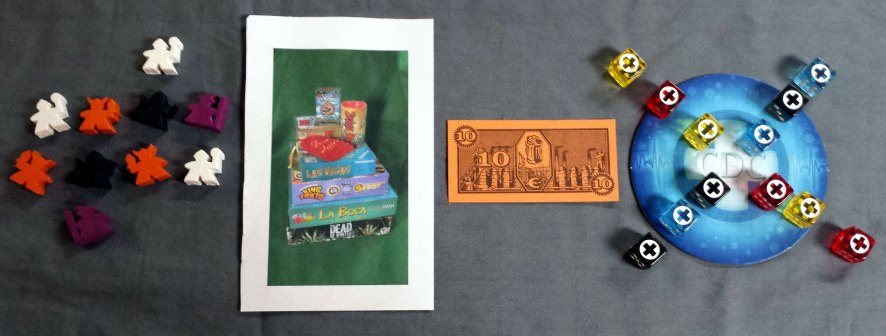

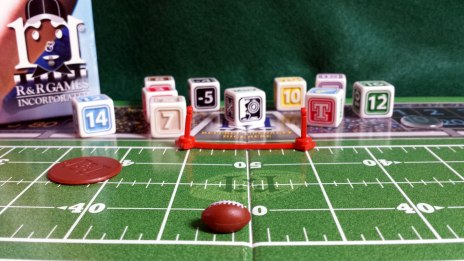
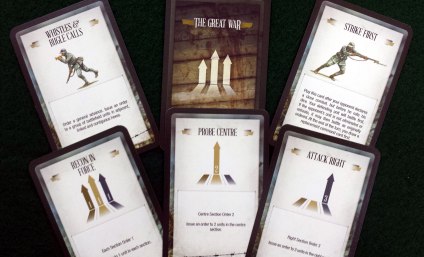
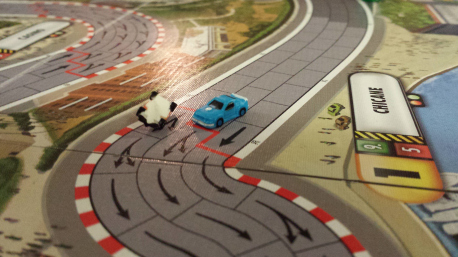
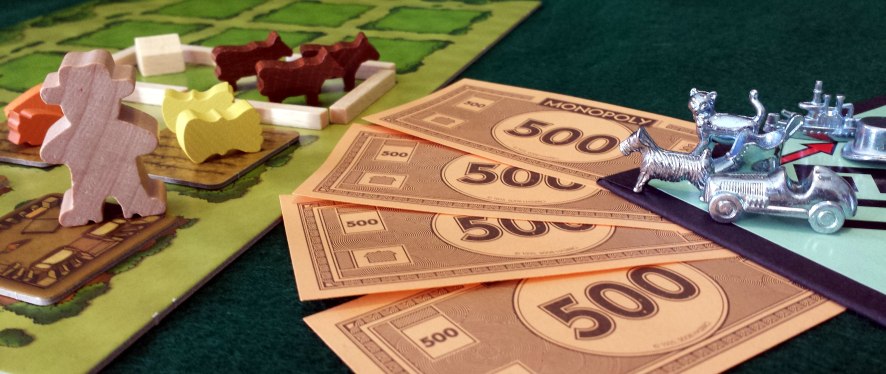
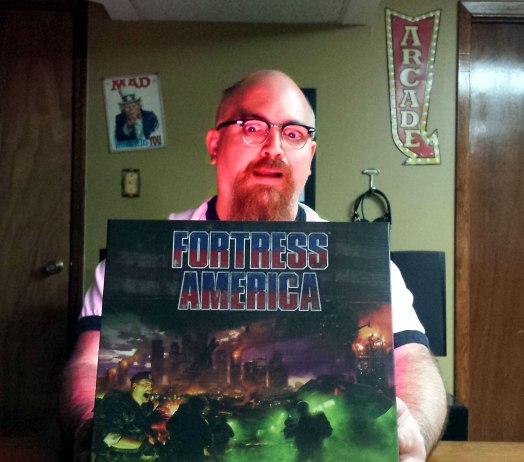
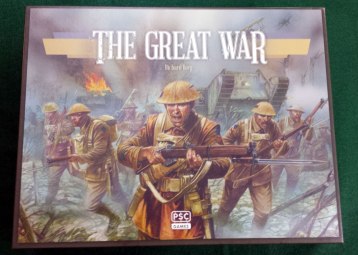
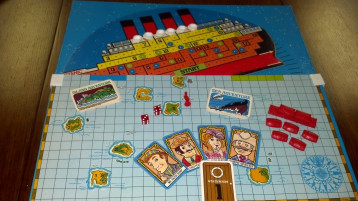
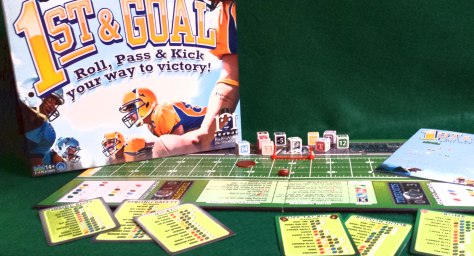
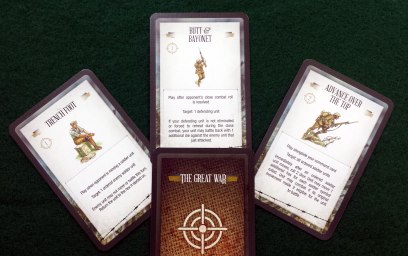
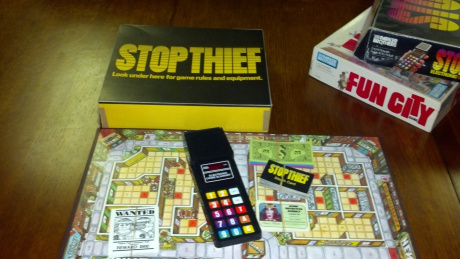
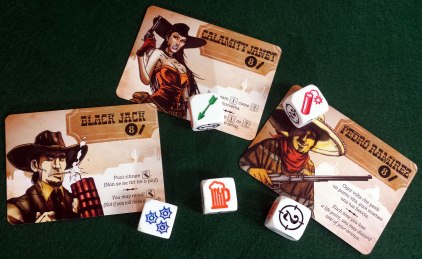
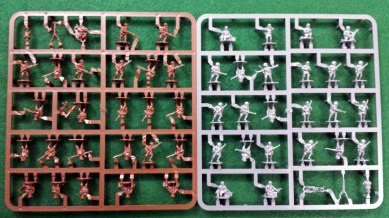

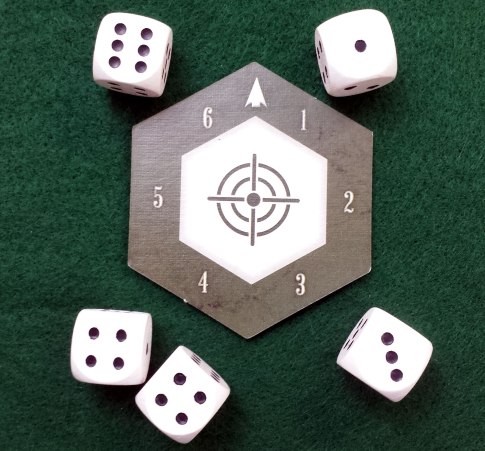
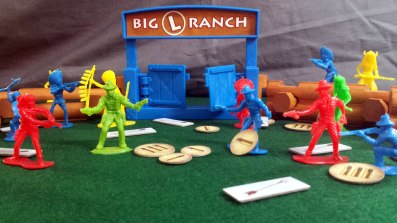
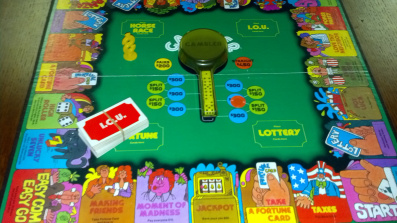

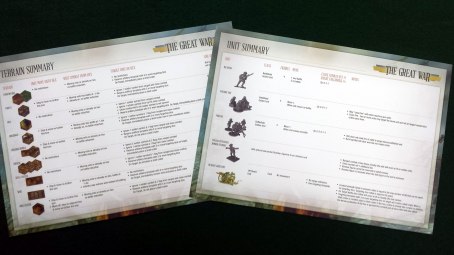
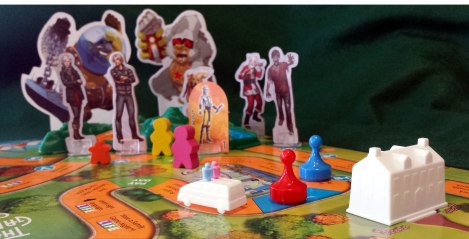

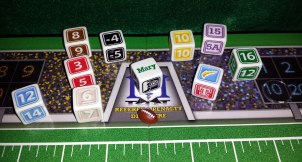
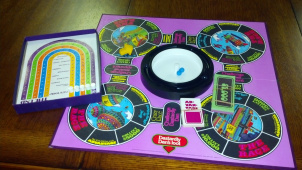
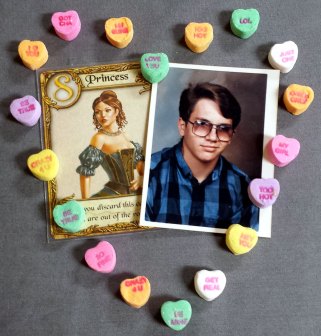
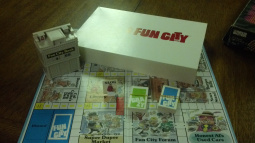
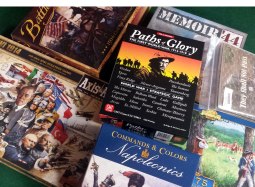
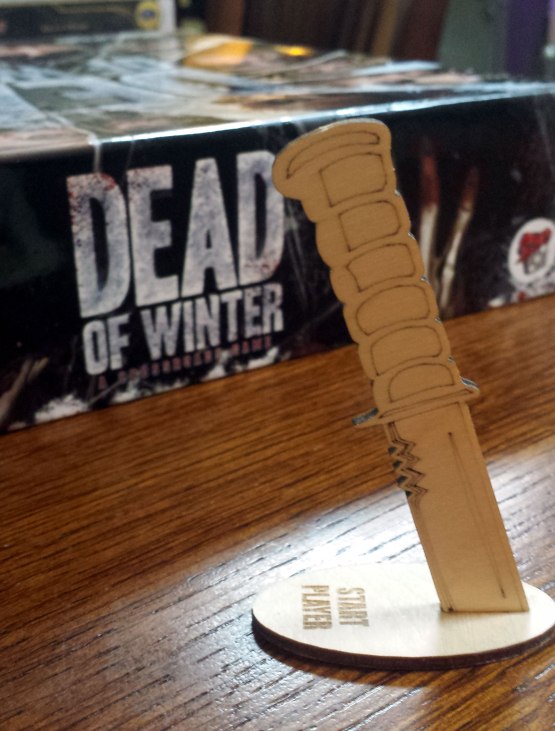

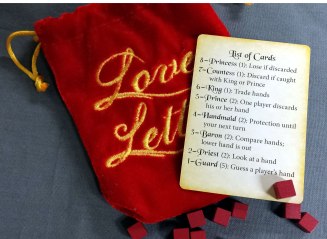
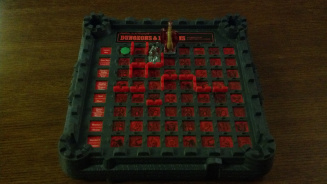
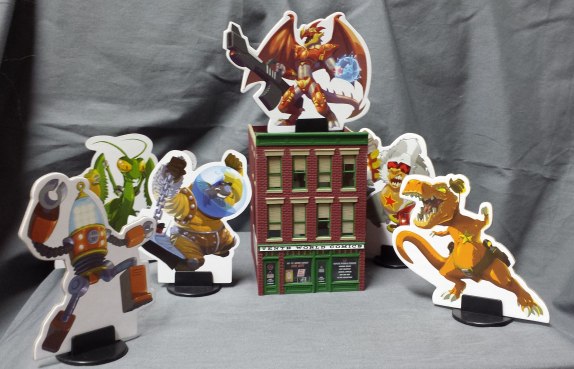
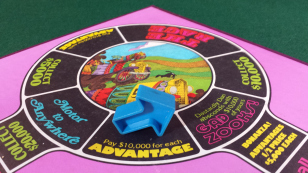
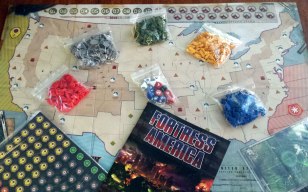
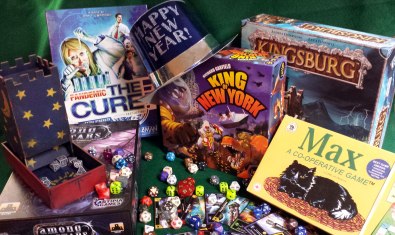
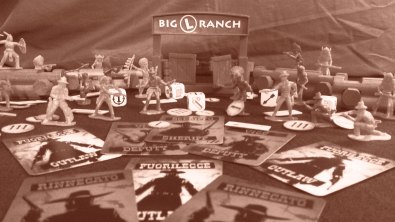
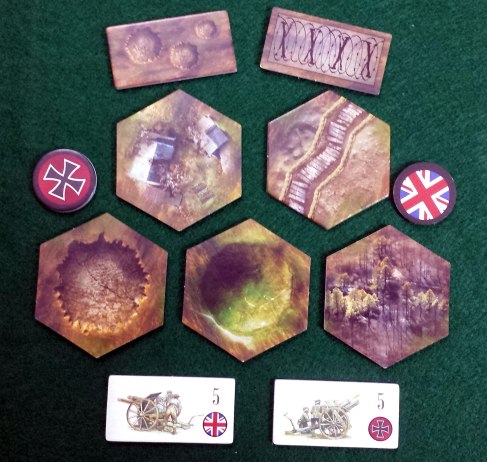

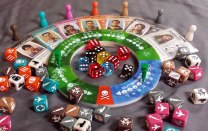


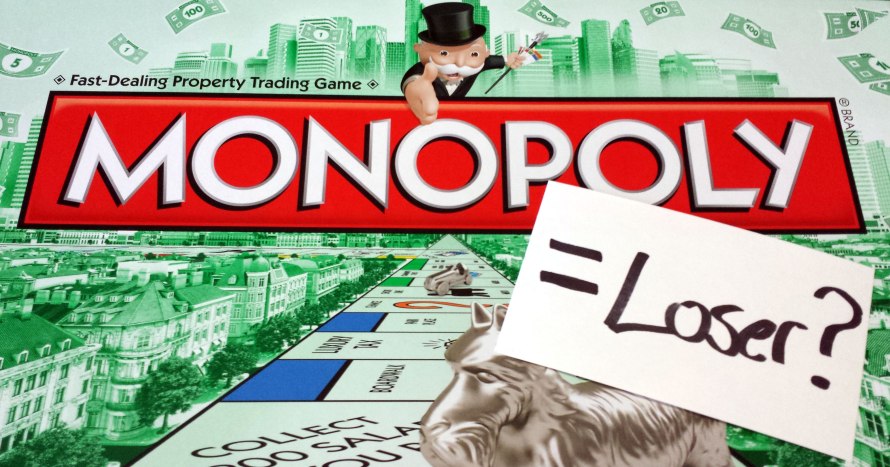
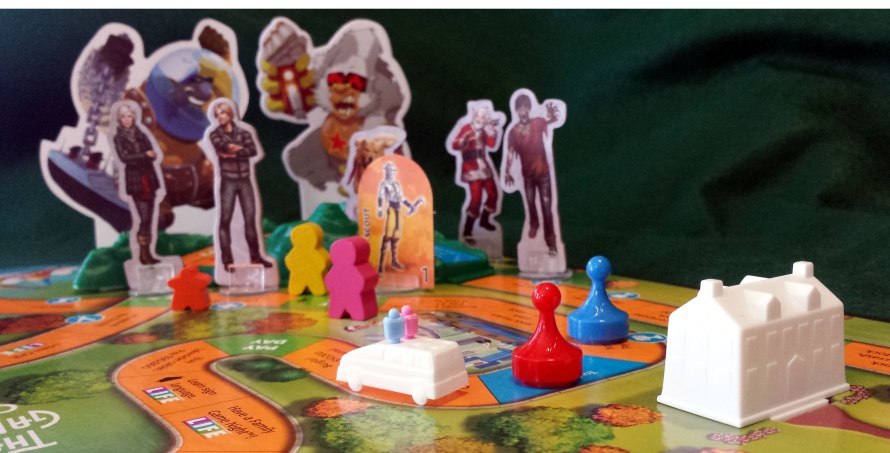
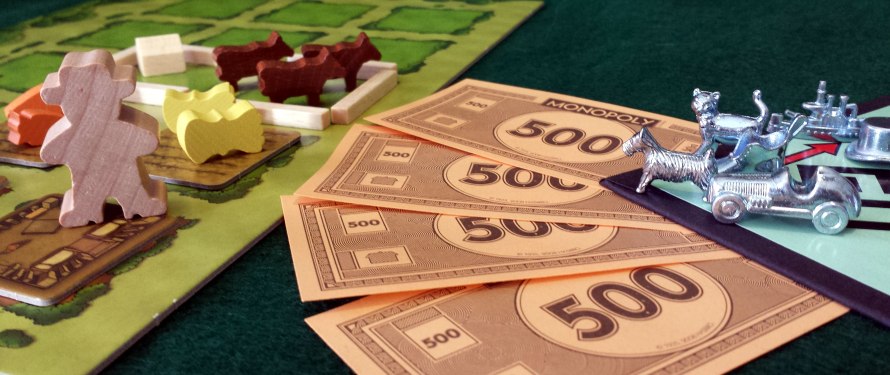
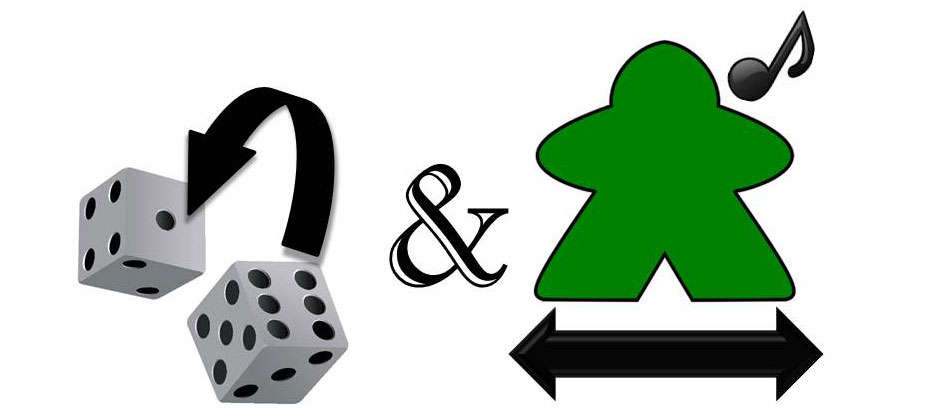
Reblogged this on ludic poop and commented:
Important: how not to be a boardgame snob (sorta)
LikeLike